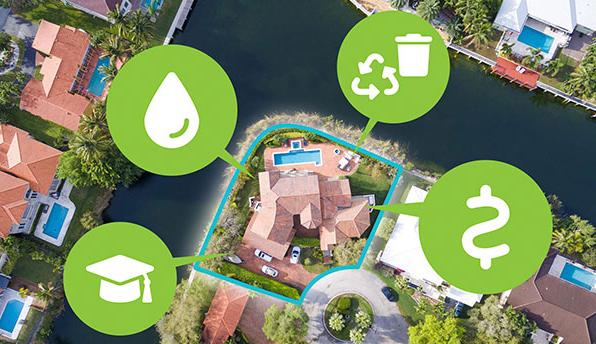Charlotte County Ordinance #86-61 is enforced by both the Charlotte County Sheriff's Office (CCSO) and the Code Compliance Section of Community Development.
Prohibited by Ordinance
- Selling from any permanent, semi-permanent or temporary location along any street, highway or right of way or in any public place, unless the seller meets the requirements of all County permitting and licensing requirements.
- Parking or stopping any motor vehicle or push cart in any street, highway or right of way or in a public place, for the purpose of making sales for a period of time longer than is necessary to complete a sales transaction.
- Selling from any temporary, semi-permanent or permanent stand, including mobile stands, on any parcel of private property, unless located within a parcel on which the use is expressly or by reasonable implication permitted, and unless the stand meets the requirements of the Florida Building Code and the Charlotte County Code of Laws & Ordinances, and the vendor has complied with all county permitting and licensing requirements.
Allowed by Ordinance
- Vending from a public street when the vendor makes frequent stops merely for the purpose of making a sale and then continuing travel upon the street.
- Temporary stands set up at locations that have received prior approval from the county for an outdoor flea market or special event.
Requirements
If a vendor has decided to set-up a roadside stand, the structure will be viewed as a permanent structure by the county. This will require that the vendor comply with the following:
- The stand can only be established on private property in a CG (Commercial General), CI (Commercial Intensive), IL (Industrial Light), or IG (Industrial General) zoning district. Some limitations apply where special overlay district regulations exist for a property. A Zoning Technician (743-1964) can assist with determining the zoning of a property.
- The structure is required to be a Florida Department of Community Affairs (DCA) approved structure with signed and sealed plans less than two years old.
- A building permit must be obtained from the Building Construction Division for a permanent structure. The structure will be required to meet all Building, Plumbing, Electrical & Accessiblity Codes for a permanent structure including handicap restroom facilities and tiedowns sufficient to meet 110 mph wind loads. All appropriate inspections must be obtained and a Certificate of Occupancy issued.
- Adequate parking must be provided and developed pursuant to Charlotte County Zoning Code Section 3-9-90.
- An impact fee will be assessed based upon the size of the structure. Structures located in the Englewood Fire District are assessed a different rate than structures in other locations of the county. The fee is required to be paid prior to commencement of operation of the business.
- All other zoning district development standards of the Zoning Code must be met for the district in which the structure is located (i.e., setbacks, screening buffer requirements, etc.).
- Depending upon the location of the structure, it is also possible that stormwater permit review and Tree and Landscaping Ordinance (Zoning Section 941.743.1964) compliance will be required.
- The Florida Department of Business and Professional Regulation (DBPR) will be required to approve the structure and site as a permanent location. The county will not accept any documentation from DBPR indicating the structure has been approved as a mobile vendor.
- Obtain a Charlotte County Business Tax Receipt (BTR) from the county Tax Collector's office.






